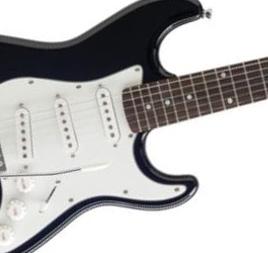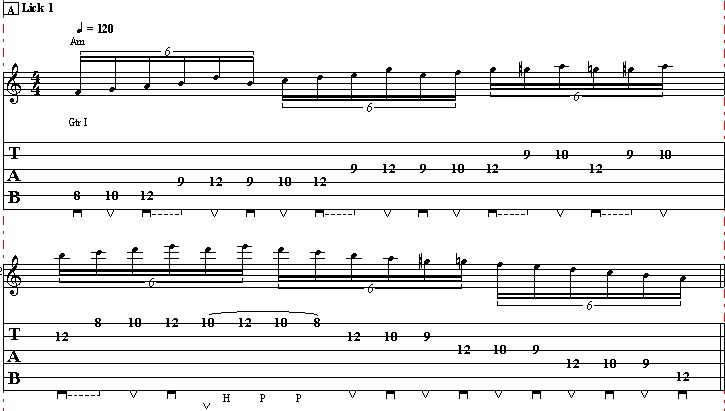If you’ve been playing guitar for a while, you may have heard the term “guitar scale length” come up before. What is guitar scale length though exactly, why is it important, and how does it affect your playing? Read on to learn more!
What is Guitar Scale Length?
A guitar’s scale length can be defined as the length of the strings from the nut to its bridge. Similarly, you could take it to mean the length of your guitar’s neck, so if a guitar has a longer neck, you can usually assume it has a longer scale length.
Why is Guitar Scale Length Important?
A longer scale length means the frets will be further apart and there will be more string tension, while a shorter scale length means the frets will be closer together and there will be less tension in the strings. Younger players or those with smaller hands might benefit from playing a guitar with a shorter scale length because it would be easier to reach the frets, however that’s not the only thing affected by scale length…
How does Guitar Scale Length Affect Your Playing?
The scale length, or length of the vibrating portion of the strings, is important because it determines your guitar’s voice or feel, thereby affecting the tone of your playing. A shorter scale length gives off a warmer and thicker tone, while a longer scale length can give off a tone that’s brighter and more clean. The guitar’s scale length really does have a large impact on tone, so it really comes down to what you prefer.
Some Guitar Examples
Have you ever wondered why a Fender Stratocaster sounds so different from a Gibson Les Paul? Strats have a longer scale length, which would explain why they’re so much brighter than Les Pauls, which have shorter scale lengths and a more muddy tone. Though the length of the scales don’t physically vary by all that much (usually less than a one-inch difference), it makes all the difference when it comes to tone.
Now that you understand what guitar scale length is and why it matters, try going out and playing on a few different guitar models to get a feel for different scale lengths and what they do to tone. Also, it’s important to note that the scale length isn’t the only thing affecting tone, as there’s still the type of wood the guitar is made of, the strings, the pickups, etc., but it is an important factor that should be considered.
Also Dont forget to chekc out some of our:




